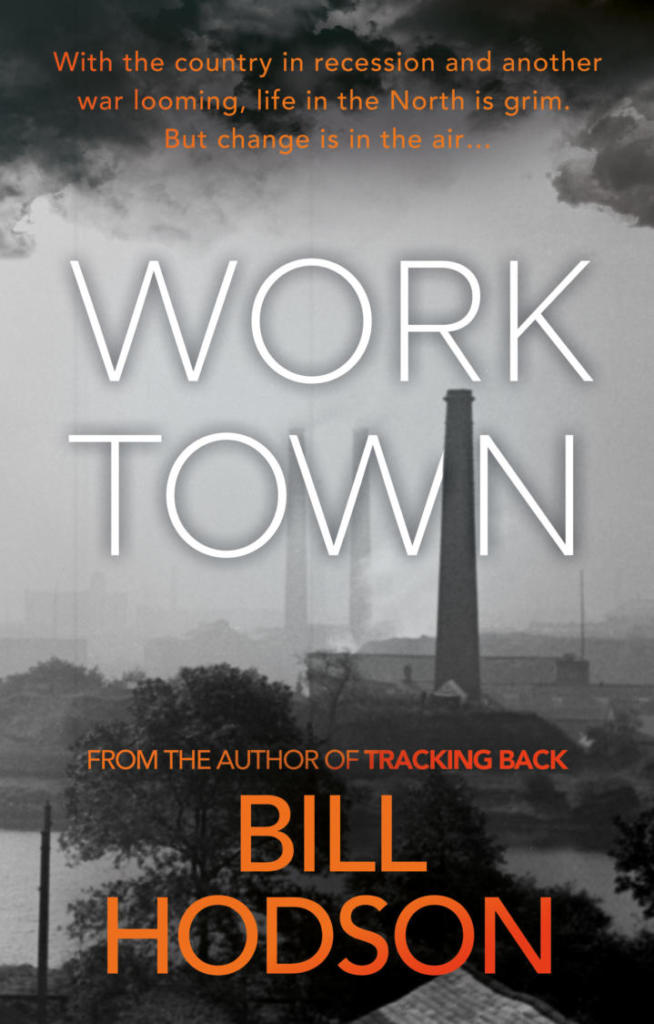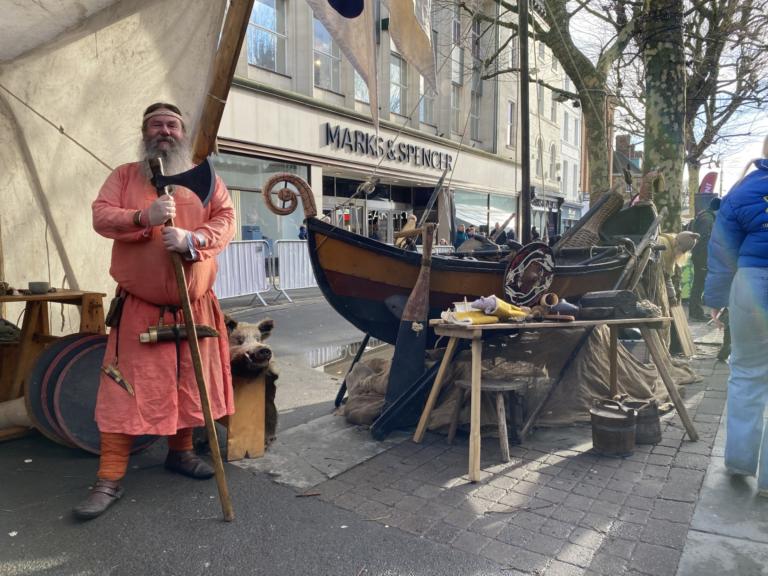‘I think we have a chance to do something really important. To describe what’s actually happening in England.’
Bolton native and longstanding York resident Bill Hodson is an award-winning writer of short stories and plays, whose debut novel, Tracking Back, was first published in 2023. A rollicking crime mystery centred around ex-Bolton Wanderers players, Hodson’s maiden book was notable for its authentic, local knowledge-laden depiction of his hometown. In his sophomore novel, Worktown, the writer once again returns to the ‘Hollywood of the North’, this time for a socially conscious slice of historical fiction.
Based on the Mass Observation project commenced in 1937, where archivists and anthropologists investigated the habits and customs of local Boltonians, Worktown is most notable for its vivid, sensory descriptions of Bolton in the late 1930s, which is unforgivingly painted as a ‘dour, blackened town’, with ‘coal dust and smoke from mills blanketing the sky, the factories and homes weeping soot’. Readers are offered an uncomfortable insight into the sights, smells, and sensations of the town in the last century, where police brutality, political tension, and post-traumatic stress marred the hard lives of the working class. In Hodson’s Bolton, the natural world itself is choked and distorted by the oppressive hum of industry, where trees stand as ‘bare skeletons outlined against a laden sky’, and strawberry juice is reduced to ‘blood red droplets’, rudely staining a train station floor; even a peaceful night’s sleep is hard to come by in this punishing town, where industrial racket and bedbugs abound.
The book’s small yet sturdy roster of complex characters includes Cambridge graduate Edward, who is recruited into the Mass Observation project by the real-life, globetrotting anthropologist Tom Harrisson (who first gave Bolton its ‘Worktown’ nickname). Upon his arrival in the town, Edward is astonished and repulsed by the unfamiliar ‘stew of smells swirling around the air’, with its ‘kind of acrid reek, like ammonia’. The green but well-meaning Edward will later vie for the attention of Molly, a humble and perceptive local cotton weaver. Other key characters include Frank Willis, an ex-coal miner and Labour Party supporter from South Yorkshire (who assesses Edward as ‘some jumped-up public schoolboy’), and Bolton local Len Schofield, an ex-spinning mill worker, ‘suspicious of strangers by nature and easily riled’, who is traumatised and driven to drink by his time with the Loyal North Lancashire Regiment in the First World War. These characters are often fundamentally opposed in their political views, backgrounds, and motivations; the direct, searing dialogue (often written in authentic Boltonian dialect) serves as a key indicator of their conflicting positions.
Hodson adeptly captures the class inequalities that permeated Bolton, and indeed much of the country around this time (which are still unfortunately prevalent to this day). When Tom leads Edward away from the town, ‘so dark and gloomy’, they look upon ‘grand houses set back from the highway and protected by railings’, where the upper classes are shielded from the strife and travails of the workers beneath them…












Add a comment